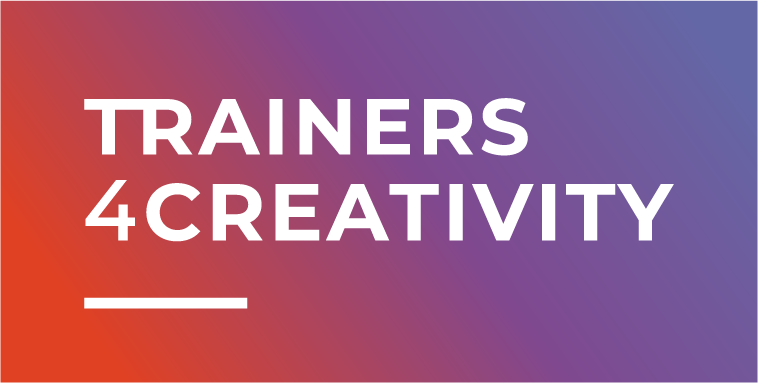Play2Learn project (Project reference number: 2019-1-UK01-KA201-061466)
Notice: Trying to access array offset on value of type bool in /var/www/vhosts/trainers4creativity.eu/httpdocs/wp-content/plugins/elementor/includes/base/widget-base.php on line 224
Notice: Undefined offset: -1 in /var/www/vhosts/trainers4creativity.eu/httpdocs/wp-content/plugins/elementor/includes/base/controls-stack.php on line 696
Synopsis
The Play2Learn project develops educational content and lesson plans, supported by a do-it-yourself computer kit, to improve teaching efficiency and develop competences of teachers in delivering highly motivational and engaging lessons.
Teachers learn how to build and configure a DIY computer, how to interact with it using electronic circuits, and how to use the software included in the operating system to develop games and programs for their students.
Transferring these activities in the classroom, kids are introduced to computational thinking and programming in an interesting and engaging way.
Project objectives:
- To provide educators with a hands-on approach to computational thinking, programming and STEM subjects which is engaging for children without increasing screen time.
- To develop an effective and motivating educational pack to introduce kids to coding while integrating fields of engineering, technology math and science.
- To promote needed employability skills, namely problem-solving, critical thinking, teamwork, leadership and creativity.
- To create a community of practice for teachers and educators, through a virtual academy, who will be interested in disseminating the concepts of educational hands-on play.
Target Audience
Teachers, trainers, counselors, all categories of school education staff (professionals working with children of mainly 8 – 14 years), pupils, parents.
It is adaptable to a whole range of ages (to transfer activities in the classroom to kids, who will be introduced to computational thinking and programming in an interesting and engaging way)
Goals
Play2Learn has as its primary objective to produce approaches and tools to help teachers encourage kids to engage with programming and develop STEM related skills. It aims to achieve this not by increasing screen time but by encouraging hands on play through the creation of use of a do-it-yourself computer kit which bridges the online and offline worlds through Minecraft Pi games and Scratch/Python programmes which interact with electronics circuits.
Skills developed
- Creative thinking and self expression
- Problem solving
- Critical thinking skills.
- Digital making and basic digital fabrication
- Digital skills
- Technological skills
- Creative craftsmanship
- Teamwork
- Social and emotional engagement
- Experimentation skills
- Conceptual understanding
Training Team
- One coordinator responsible for programming, supporting and evaluating activities
- One facilitator to support with the logistics for the activity implementation (materials, guides, …)
Prizes / recognition received
Good practice under ERASMUS+ Programme (https://erasmus-plus.ec.europa.eu/projects/search/details/2019-1-UK01-KA201-061466)
Duration proposed
Depending on the number of people and technology to be addressed in the practice.
Promoting Organization
Coordinator:
- CIVIC COMPUTING LIMITED (United Kingdom)
Partners:
- A & A Emphasys Interactive Solutions Ltd (CY)
- AINTEK SYMVOULOI EPICHEIRISEON EFARMOGES YPSILIS TECHNOLOGIAS EKPAIDEFSI ANONYMI ETAIREIA (EL)
- Platon M.E.P.E. (EL)
- CCS DIGITAL EDUCATION LIMITED (IE)
- European Digital Learning Network (IT)
- PROJETO SCHOLE LDA (PT)
Starting Year
2019 -2021


